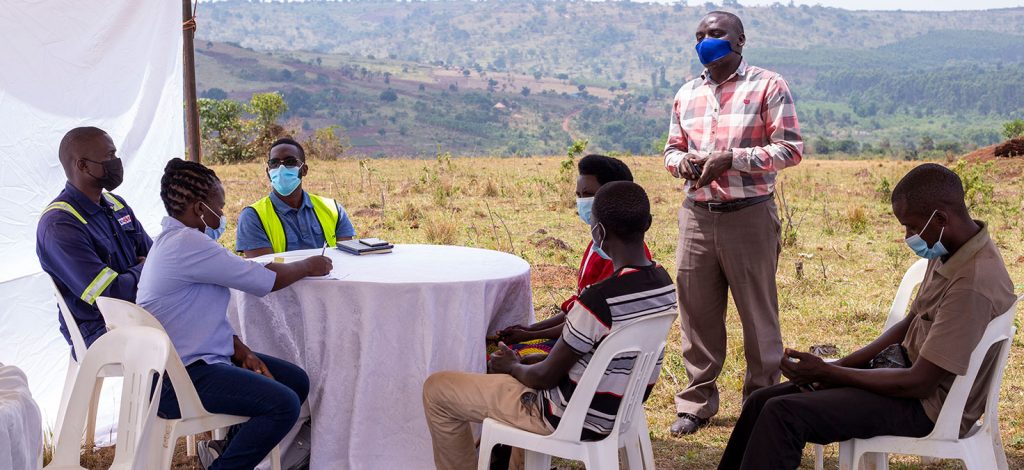Social Engagement
As set out in the Project’s Social Performance Strategy, the core social values that will guide the EACOP Project are Respect, Responsibility and Exemplary Conduct. The EACOP Project is committed to meaningful engagement with all of its stakeholders based on the principles of participation, respect for human rights, non-discrimination, empowerment, transparency and accountability. The following principles apply to the Project and its Contractors ensuring that stakeholder engagement is:
- Open and Transparent: Information relevant to Project activities will be as accessible and transparent as possible, providing stakeholders with a comprehensive understanding of Project activities and how they are or may be affected by them.
- Based on Listening and Dialogue: Stakeholders will be invited and encouraged to actively engage with the Project. Stakeholders will be listened to, their questions and concerns taken seriously, and responses provided in a timely manner.
- Empowering: Engagement should ensure stakeholders have an opportunity to share their perspectives. This will include informing them of what they can expect in terms of feedback and responses to their inputs.
- Proactive: The engagement process will provide information in advance of Project related activities.
- Impact-focused: Engagement with communities affected by the Project will be, whenever possible, focused around the potential and actual negative Project impacts and mitigation measures that may concern them.
- Safe: Steps will be taken by the Project towards ensuring stakeholder engagement is free from manipulation, interference, coercion or intimidation and that participation in any form of engagement will be safe and without risk or fear for retaliation.
- Effective: Information and forms of engagement will be acceptable to and effective for the stakeholder for whose use they were intended, and will be accessible, legitimate and transparent.
- Appropriate: Different forms of engagement may be required for different kinds of stakeholders and for different purposes. Information provided to stakeholders will be provided in formats appropriate and accessible to the stakeholder concerned.
- Equal and Human Rights respectful: Everyone, without discrimination, will be afforded the right to participate on equal terms.
- Gender and culture sensitive: Engagement approach will include the need for and use of any special measures to ensure that marginalized or vulnerable individuals and groups are inclusively engaged.
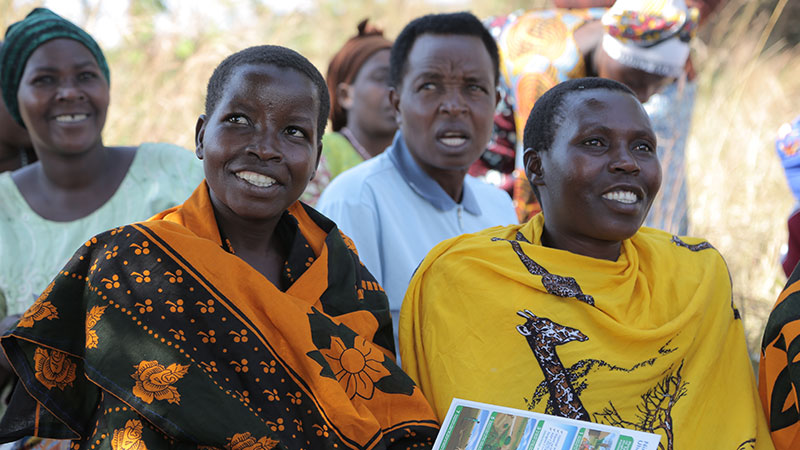
Stakeholder engagement allows the Project to:
- Ensure that local stakeholders are informed as early as possible about Project activities.
- Build trust and broader community support for future operations.
- Ensure that engagement is undertaken in a coordinated fashion using the same principles, standards, messages etc.;
- Facilitate the creation of partnerships to the mutual benefit of the Project and stakeholders including Civil Society Organizations (CSOs) and enhance reputation; and
- Identify opportunities and risks related to activities early in order to intervene and avoid escalation in the case of risks.
Meaningful engagement is an important part of the Project’s overall process for identifying and addressing potential human rights impacts and supports the Project’s respect for the rights to information and consultation of affected stakeholders.
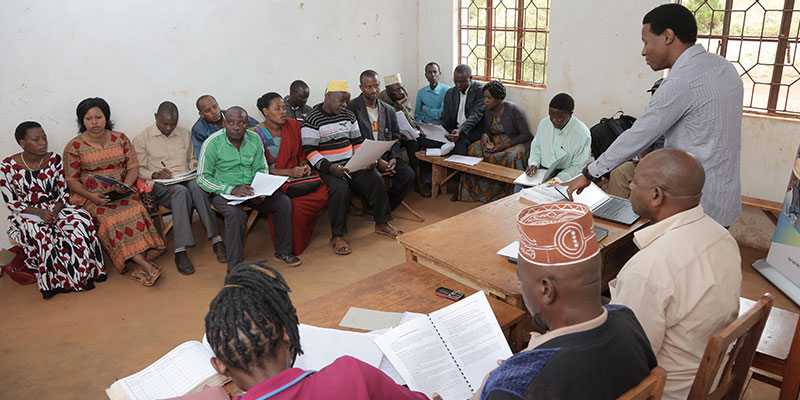
Grievance Management
The management of grievances is a central part of the stakeholder engagement process. The Project has developed a Grievance Management Procedure which is a step-by-step approach for receiving, acknowledging, and registering, reviewing, investigating and resolving complaints and grievances from all Project affected stakeholders. This Project level Grievance Management Procedure reflect the Project’s commitment to ensuring that communities and individuals adversely affected by the Project are able to raise a grievance so that it can be remediated.
As part of their regular engagement with stakeholders, EACOP stakeholder engagement team ensure that the Grievance Procedure is well known and understood by local communities who need clear information, in a summarized form, adapted to the local context and language, and combined with practical explanations about the following points:
- The different ways of submitting a grievance.
- A short description of the Procedure's different steps and time frame.
- The possibility for Complainants to be assisted by trustworthy people when submitting their grievance, when holding discussions with the Project stakeholder engagement team and when signing documents.
- That the Procedure is free of charge; and
- The confidential nature of the Procedure and that the Complainants' identity will not be revealed if they wish this to be the case or if the context so requires.
The land acquisition process has involved extensive engagement with affected persons and their households and Non-Governmental Organizations. Sensitization meetings were undertaken for regional, district and village stakeholders to create awareness of the land acquisition process.
Working with Vulnerable Ethnic Groups self-identifying as Indigenous Peoples
The EACOP pipeline in Tanzania crosses traditional territories of four Vulnerable Ethnic Groups self-identifying as Indigenous Peoples which were identified with the support of an internationally recognized Tanzanian Indigenous Peoples specialist, Dr. Elifuraha Laltaika. The four groups are: the Akie, Taturu, Barabaig, and Maasai.
Engagement with these groups started at the community level in 2018 and with the national traditional leadership of the groups since 2019. Engagement is supported by Dr. Laltaika and three NGOs that already work with these communities. The Project hosts quarterly workshops with the traditional leaders who meet, both within their individual groups and together with the Project team, to advance dialogue about the Project, its impacts, and their participation in benefits.
In October 2021, the EACOP Framework for Vulnerable Ethnic Groups self-identifying as Indigenous Peoples was signed by traditional leaders, an EACOP representative, NGO representatives and Dr. Laltaika. Matters addressed in the Framework Agreement include:
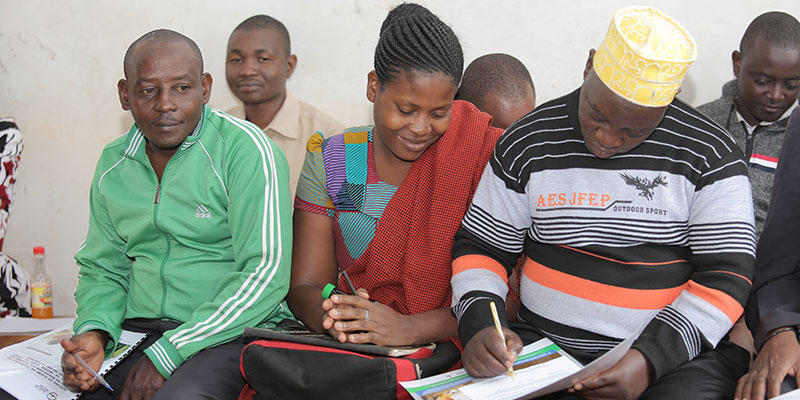
- Informed consultation and participation;
- Capacity building;
- Grievance procedure;
- Addressing potential impacts;
- Promoting development benefits;
- Engagement with the government; and
- Support for implementation of the EACOP framework.
The Project signed a Free Prior and Informed Consent (FPIC) Agreement on 6th July 2022 with the Akie Community of Napilikunya in Manyara region in respect of their cultural and spiritual values. The signing of the FPIC Agreement took place after extensive engagement with the community. This is the first FPIC agreement to be signed in Tanzania.
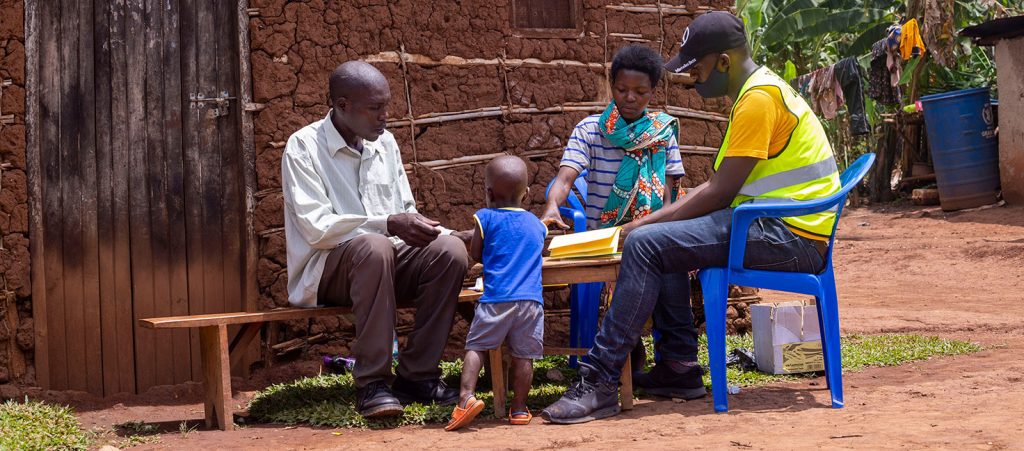
Managing Impacts on Cultural Heritage
- Idala (Nzega) is a VHI Middle Stone Age (MSA) and Later Stone Age (LSA) site;
- Kalikala (Kiteto) is a VHI Early Iron Age (EIA) pottery and iron production site;
- Kwamagimbi (Handeni) Later Iron Age (LIA) pottery site;
- Main Camp site 8 in Bukombe is a VHI Early Iron Age (EIA) pottery site (with beads);
- Main Camp site 9 in Nzega is a VHI Middle Stone Age (MSA) site;
- The coating plant site in Nzega is a VHI Middle Stone Age (MSA) and Later Stone Age (LSA) site;
- Main Camp site 11 in Singida is a VHI Middle Stone Age (MSA) site;
- Main Camp site 12 in Kondoa is a VHI Early Iron Age (EIA) iron production site (it is a surface site); and,
- Main Camp site 16 in Muheza is a VHI Later Iron Age (LIA) pottery site.
